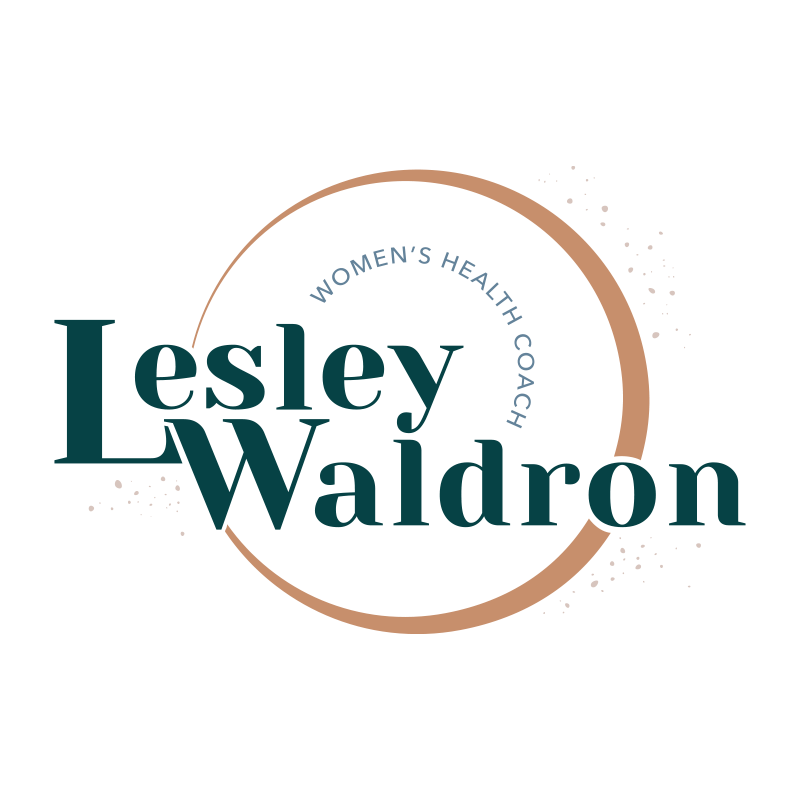How to make perimenopause a positive experience
Menopause is having a moment
And this is great. It feels like it’s everywhere. On TV, in the papers, on our screens, podcasts, and social media feeds. It’s even on our skin care and shampoos.
This is GREAT. Because the taboo is lifting, and we can all talk about our experiences more freely and there’s SO much more information out there.
BUT
A lot of this is also negative. It portrays menopause as a negative. As a deficiency of hormones that need to be replaced, or a series of symptoms that need to be cured.
And I don’t agree.
I think there’s a positive way to view this phase of hormone change for women.
And that’s by empowering ourselves with understanding AND with self awareness.
Creating an understanding of WHY we might be experiencing the symptoms so commonly bandied about (brain fog, hot flushes, anxiety, aching joints, migraines, digestive issues).
And of understanding what action we can take to mitigate them, or to understand what might be causing them.
These symptoms aren’t exactly something to celebrate, but they are indicators that we may need to take action. Symptoms can also be indicators that something else is amiss - thyroid hormones, blood sugar imbalances, auto immune conditions, even liver and kidney issues.
Seven key factors that I think you should know about perimenopause and menopause
Perimenopause is something that happens to all women. It’s the phase around menopause in which our bodies produce fewer sex hormones (oestrogen, progesterone and testosterone). This decline can start in our mid-late 30s but it’s often in our mid-40s that we feel the impact.
Menopause is the day 12 months after your last menstrual cycle. After than you’re post menopausal and you’re likely to reach a bit more hormone balance again - with far lower levels of oestrogen than your ovaries previously made.
This phase is in the middle of our lives. We have got 30-40 years, maybe more, left to live. So it’s a great time to review how to make the most of the second act! It’s not the end, just a new beginning.
HRT isn’t a magic pill. It can REALLY help some women improve the quality of their lives in the menopause transition (the run up to menopause and beyond) but it isn’t for everyone and isn’t going to make up for a lifestyle that perhaps better suited us in our 20s.
Lifestyle factors are a HUGE part of protecting our long term health and living our best life and now is an important time to create new habits - of nutrition, movement, sleep, stress management and more.
We don’t have to quit our jobs to have a good menopause, but we might need to have an understanding employer and create new boundaries around work and play.
Now is an important time to advocate for our health. If we need to go to the GP, to be well informed and know what we are asking for. And to ask for a menopause specialist if we need it. Or a referral if we need it. Not to be fobbed off.
Want to know more?
Join me on my next workshop in Bristol and 27 September 2023, you’ll walk away feeling positive and empowered to take action for a great midlife transition!
